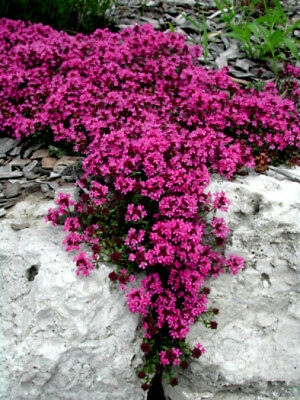-40%
Purple Top Turnip Seeds | Non-GMO | Fresh Garden Seeds
$ 0.79
- Description
- Size Guide
Description
We only provide tracking on orders overThe Purple Top White Globe Turnip is a delicious, mildly sweet variety that has been a gardener’s favorite for decades. Use the Purple Top White Globe Turnip in soups, stews, salads – or even eaten raw!
When to Plant:
Turnips can be grown in both early Spring and in late Summer for a Fall crop. In frost-free climates, sow in Fall.
Where to Plant:
Select a site that gets full sun.
Soil should be well-draining, light, and loosened to a depth of 10 to 15 inches, and free of any clumps of grass and stones.
If the soil is heavy or poor, consider using a soil amendment such as composted organic matter or aged manure.
How to Plant:
Turnips should be directly sowed into the ground; they do not transplant well.
Scatter turnip seeds and cover with no more than ½ inch of fine soil.
Lightly compress soil and keep evenly moist. Seedlings will emerge in 7-14 days.
Once seedlings are 2 - 4 inches high, thin them to 4 to 6 inches apart.
Turnips do not require much care, but consistent soil moisture is key. Keep the soil moist but not saturated. Provide plants about 1 inch of water per week to prevent the roots from becoming tough and bitter.
When to Harvest:
Harvest once they have reached 2-3 inches in diameter. Early varieties after about 5 weeks, and maincrop varieties after 6 to 10 weeks.
For turnip greens, wait until the roots develop. If you are harvesting turnip greens, know that this will slow the production of the root, and will take longer to harvest.
**Keep the beds free of weeds. Weeds will compete with plants for water, space, and nutrients. Either, weed frequently, and/or mulch heavily to prevent their seeds from germinating. Try to avoid disturbing the soil around the plants when weeding.










